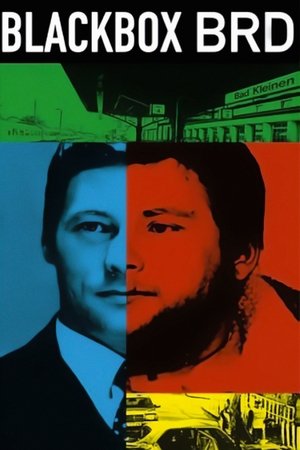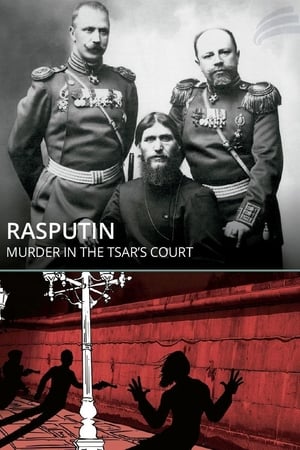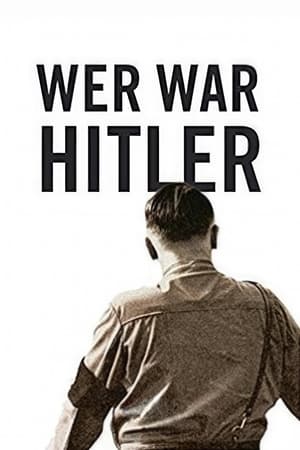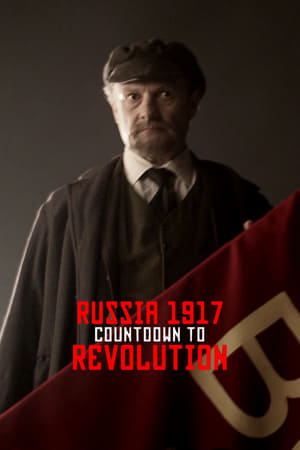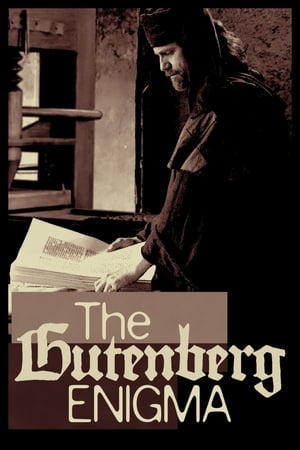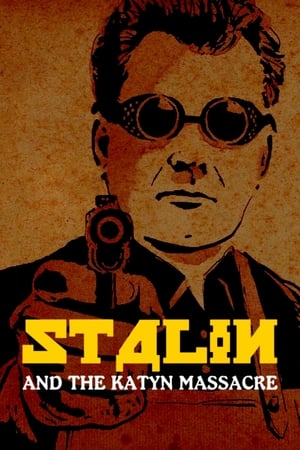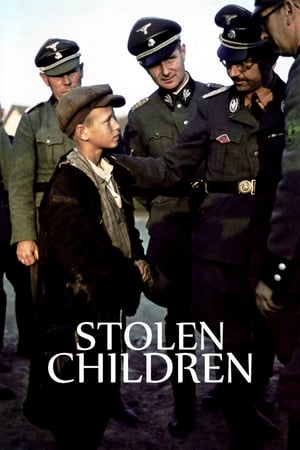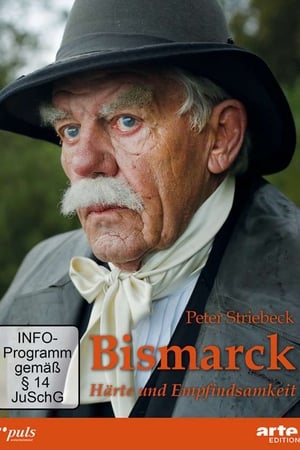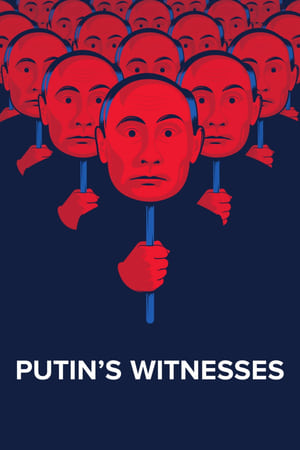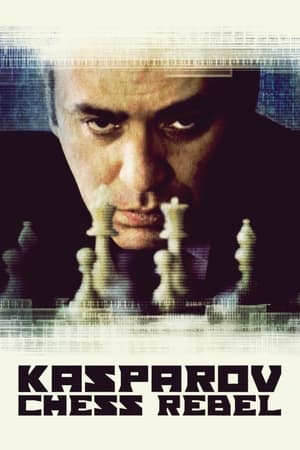Overview
The peace treaty of Brest-Litovsk was a dictated peace. With him, however, the German Empire recognized Soviet Russia. And so German-Soviet relations took their course. The film tells the story of the eventful history of both countries and the people in them. It is a story with repercussions right up to the present day, as their images continue to have an impact. Their myths, enemy images and projections continue to shape mutual perceptions. A history of ideologies - their fight against each other was to the death, the extermination of the other - here racial, there political-ideological - was meant existentially. It was about annihilation. Then again, at other times, it was about coexistence: in friendly enmity - hostile friendship.

 German
German
 0
0
 2018
2018
 DE
DE
